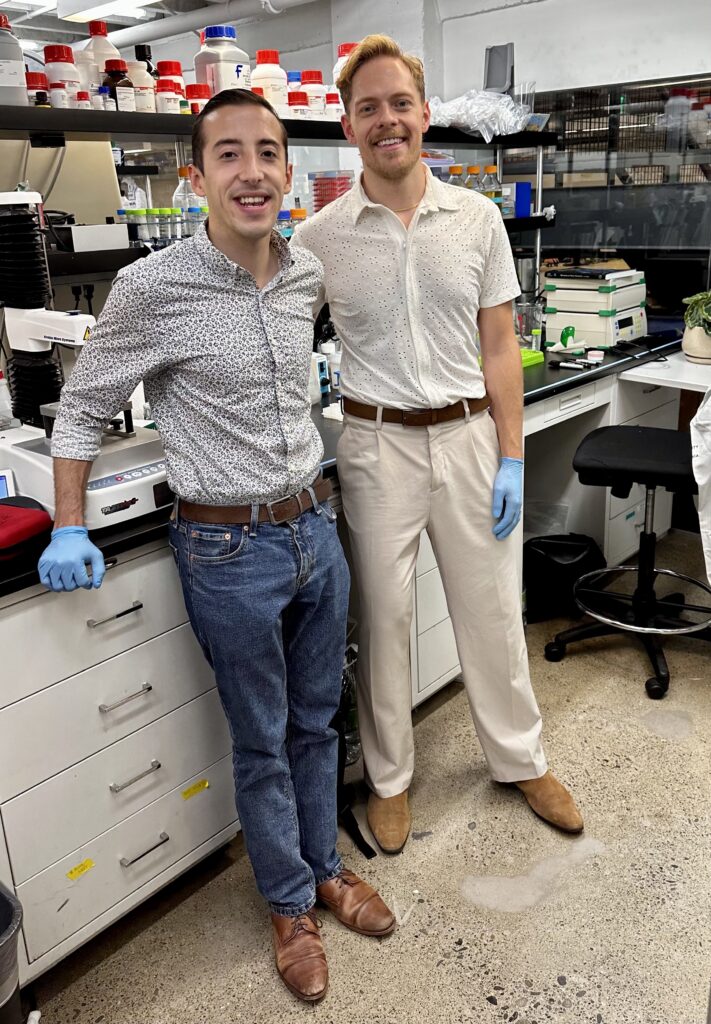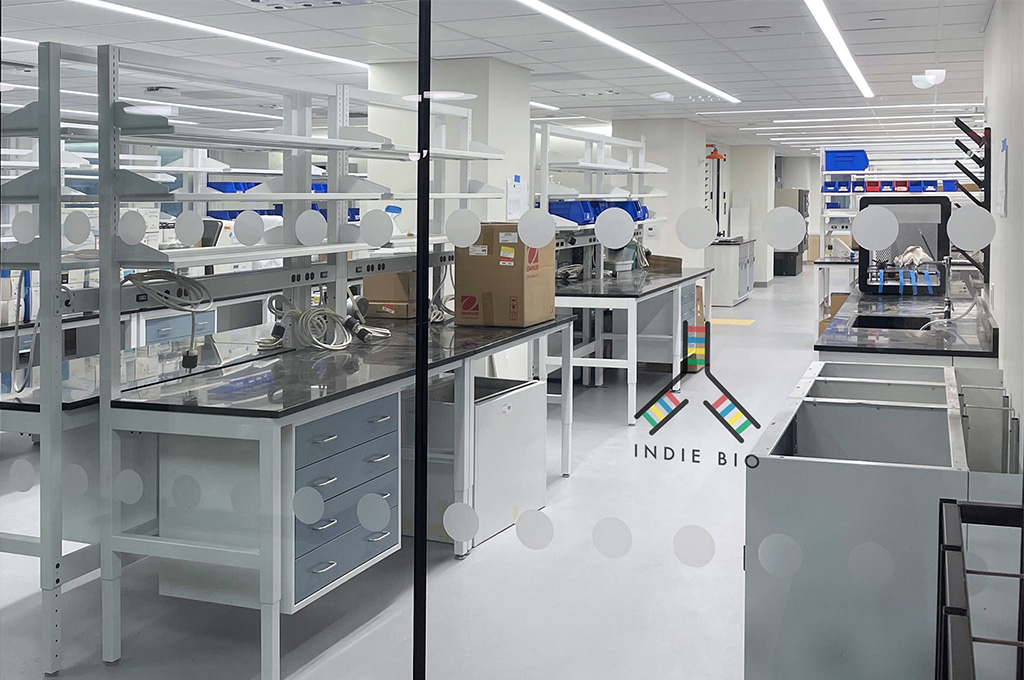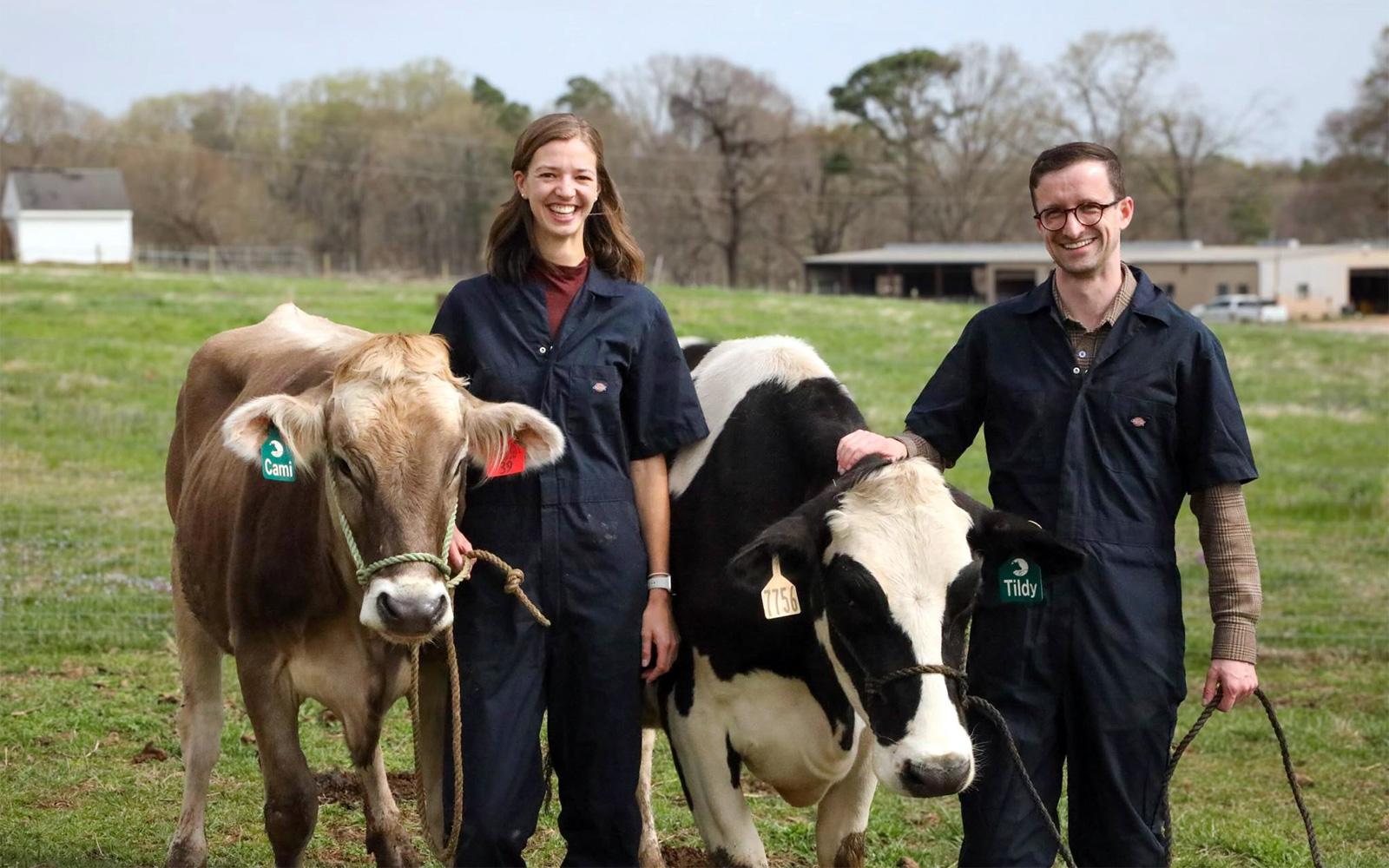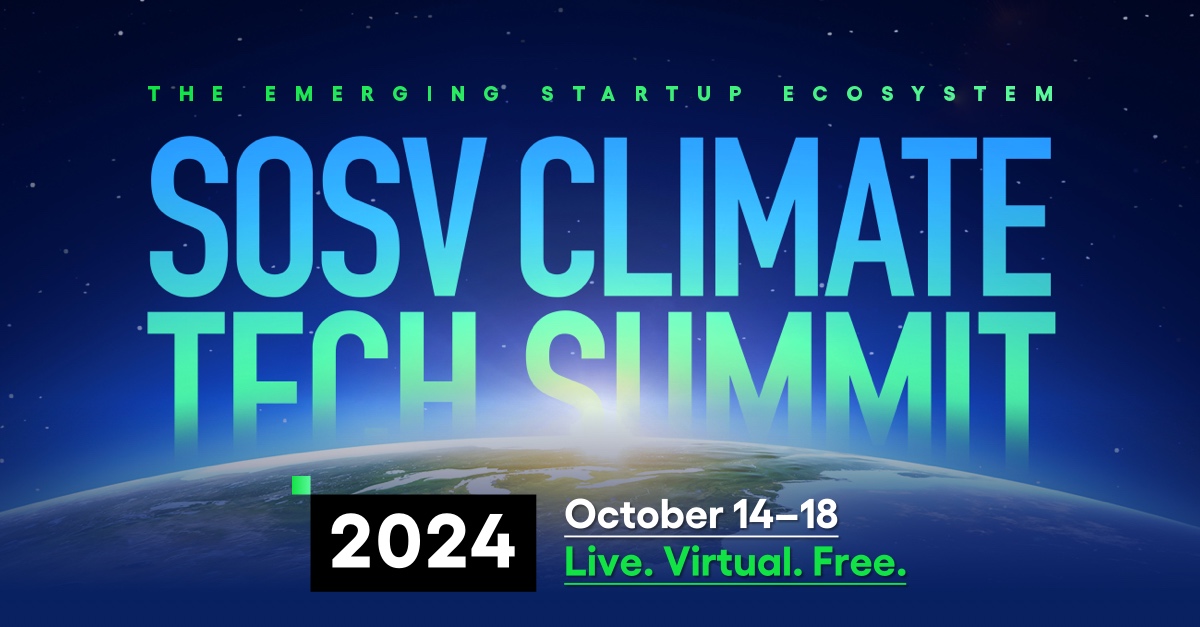
We caught up with the two founders of Alkali Labs – Luis Valencia, CEO, and Jacob Roberts, President — in the basement of IndieBio last week after their company had just been voted “Killer of the Week.” Each week at IndieBio, the companies in our batch compete based on their top accomplishments just in the previous week as they learn to move at venture speed. Top companies are nominated by the IndieBio SF team, but the winner is ultimately chosen by a voting of their peers within the batch.
We asked how they developed their core idea of using biology for direct lithium extraction (DLE)
[Sierra]: So Luis, before creating Alkali you spent 6 years working in Jay Keasling’s lab at UC Berkeley engineering bacteria to produce a new class of compounds. What got you interested in that in the first place?
[Luis]: “I’ve always been inspired and fascinated with the chemistry of the natural world. As I began to appreciate the complexity of microbial metabolism, it gave me a deep appreciation for the range of difficult chemical transformations microbes are able to perform.”
[Sierra]: After spending so much time working on these other compounds, what made you switch gears to using biology for climate tech?
[Luis]: “In the Keasling lab we’re enthusiastic about biofuels, bioplastics and biomanufacturing, but we’re also very familiar with the limitations of those approaches. One day I was looking at ion transporters, and was so impressed by how it all works. It is so complex, and yet every organism on earth can do it. It became clear to me that I needed to find the best way to apply the strengths of synthetic biology to tackle the climate crisis.”
[Sierra]: So then why focus specifically on lithium extraction?
[Luis]: “Well the deeper Jacob and I got into the process, we kept coming back to the idea that the core principles around sequestering CO2 could also be applied to sequester lithium. For a while we had considered trying to capture both at once. But at the end of the day we’re making a startup and lithium is worth 400 times as much…the logical move was to focus on lithium.”
[Mohan]: Jacob, while you had helped ideate and craft the company premise, you were (and are) still mid-PhD. If I remember correctly, you even had a dream research collaboration lined up with a top research institution in Israel. Sounds like you were at a bit of a proverbial fork in the road…
[Jacob]: “Yeah exactly. Suddenly, both my dreams were on the table – forming a company or finishing a PhD with my dream project in a country I wanted to visit. But when the IndieBio offer letter came, I immediately knew the right choice.”
We delved deeper into their transition from PhD students to startup founders
[Sierra]: What’s been the biggest challenge for you guys in transitioning from PhD work to entrepreneurship?
[Jacob]: “The first big difference is time! You have a limited amount of resources and don’t have time to really find out how or why everything works. You really just have to find out ways to get to the product as soon as possible.”
[Luis]: “But on the other hand, in our lab we had a ton of freedom to design our own projects. It was a bit of a double edged sword – we gained the freedom and confidence to come up with new projects but also had to pivot when things didn’t turn out well…maybe not the most efficient way to do research, but great training for being an entrepreneur.”
[Mohan]: That’s awesome to hear. How has the company forming process been going with both of you coming from the same lab?
[Jacob]: “Beyond coming from the same academic lab we have complementary thinking processes. Luis constantly generates new ideas for our mining process and I’m a bit more of, you know, the chopping block. I have to rein in some of his ideas to help keep us on track to meet our milestones. The chemistry has been great, in more ways than one.”
On top of all this, each of them has a twin sibling! Perhaps this explains their ability to understand each other’s thinking, sometimes telepathically, which is truly on another level.
After digressing around Luis’ passion for growing plants and Jacob’s singing in the Googapella, we finally got around to asking: So, why did your IndieBio peers deem you the “Killer of the Week?”
[Mohan]: This week in the IndieBio Batch 14 program was quite unique. Founders from all 10 batch companies flew in to the IndieBio SF office for investor meetings and in-person workshops, leaving much less time for experiments. How did that impact you guys?
[Luis]: “Alkali actually had a bit of a ‘home field’ advantage this week, since we work in the full lab located at IndieBio. We got to continue experiments while not missing out on an event-filled week. Yeah, there were a few late nights, but that’s what we signed up for! It so happened that we were able to demonstrate, for the first time, that the bacterial host we had chosen was able to accumulate cations. This was a huge moment for us!”
[Sierra]: That’s amazing! I remember you guys starting the program with just a paper idea. Biological methods for DLE are an entirely new concept with minimal literature out there to use as a guide for your system. I’m sure the process has been challenging to say the least…
[Jacob] “It’s been lots of experimental planning, testing, and pivoting that’s finally led to this moment that showed the validity of metal mining using our microbes. It’s great to see our work continue to pay off each week.”
[Mohan]: We’ve loved helping you guys progress so fast. Why else did you guys win ‘Killer’ this week? Anything beyond experimental progress that won the praise of your peers?
[Luis]: “Yeah we had a pretty tough interpersonal challenge with an equipment salesman last week trying to take advantage of us. As a non-confrontationalist I was going to let it go but Jacob encouraged me to use it as a chance for personal growth. In the end I was able to convince the salesman to give us a 95% discount on a much-needed piece of equipment!”
Altogether, Jacob and Luis’ ability to demonstrate a proof-of-concept of their approach as well their embracing of opportunities for personal growth won them the praise of their peers in the IndieBio Batch 14 cohort. We can’t wait to see how they continue to progress from now until Demo Day.
Stay tuned for a deep dive into next week’s Killer!



